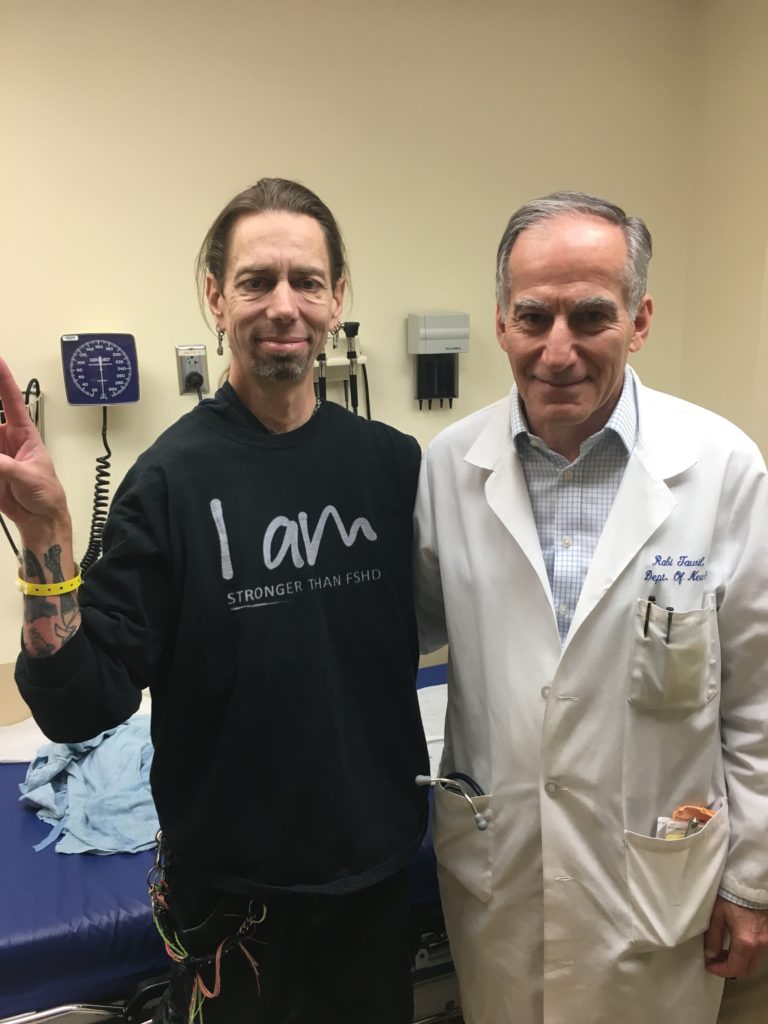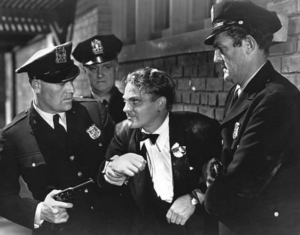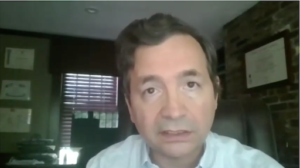
To crack the code of FSHD, patients are absolutely essential
All of the breakthroughs—the discovery of the genetic causes, understanding why some patients vary so greatly in the severity of their symptoms, teasing out the biochemical pathways that could point to future treatments—were made because patients stepped up to the plate.
Too often, we hear patients say they’ll volunteer when there’s a treatment. But we will never get to a treatment unless patients participate in fundamental research now. FSHD is uniquely human, so no laboratory mouse can ever fully model the disease. The genetic “package” that causes FSHD is found only in people. We owe an enormous debt to the patients who give DNA samples. Who submit to long interviews and exhausting physical tests. Allow a surgeon to cut out a small muscle sample. Who fight claustrophobia to lie in the narrow bore of an MRI machine.
Equally important are patients’ family members, both affected and unaffected, who provide the best experimental controls because of their shared genetic and environmental backgrounds. A parent or sibling who has very mild symptoms may hold the key to understanding the factors that protect against the full-blown development of FSHD symptoms in a more severely affected family member.
We are more hopeful today than ever before that a treatment is within sight. We cannot guarantee when that treatment will arrive, but here’s one thing we guarantee: If you volunteer for research, your participation will without question help move us a step closer to that day.
Scientific Overview of FSHD
Read the latest on wikipedia
Glossary of Scientific Terms
Fulcrum’s interim findings from ReDUX4 trial are “encouraging”
This week, Fulcrum Therapeutics announced results from an interim analysis of data collected from its Phase 2 ReDUX4 trial, which is testing the effect of a drug called losmapimod in… Read More »
FSHD Clinical Trial Research Network expands to four new sites
The FSHD Society announced today that it has awarded $300,000 a year to expand the Facioscapulohumeral Muscular Dystrophy Clinical Trial Research Network (FSHD CTRN), with consideration of follow-on funding of $300,000 a… Read More »
ReDUX4 clinical trial update
In this video, Diego Cadavid, MD, Senior Vice President, Clinical Development, at Fulcrum Therapeutics provides an update on ReDUX4, the Phase 2b clinical trial currently underway testing the safety and… Read More »
27th Annual FSHD International Research Congress Goes Virtual
The FSHD Society announced the opening today of its 27th annual International Research Congress (IRC), which is being conducted entirely online for the first time in the organization’s history. The conference… Read More »






